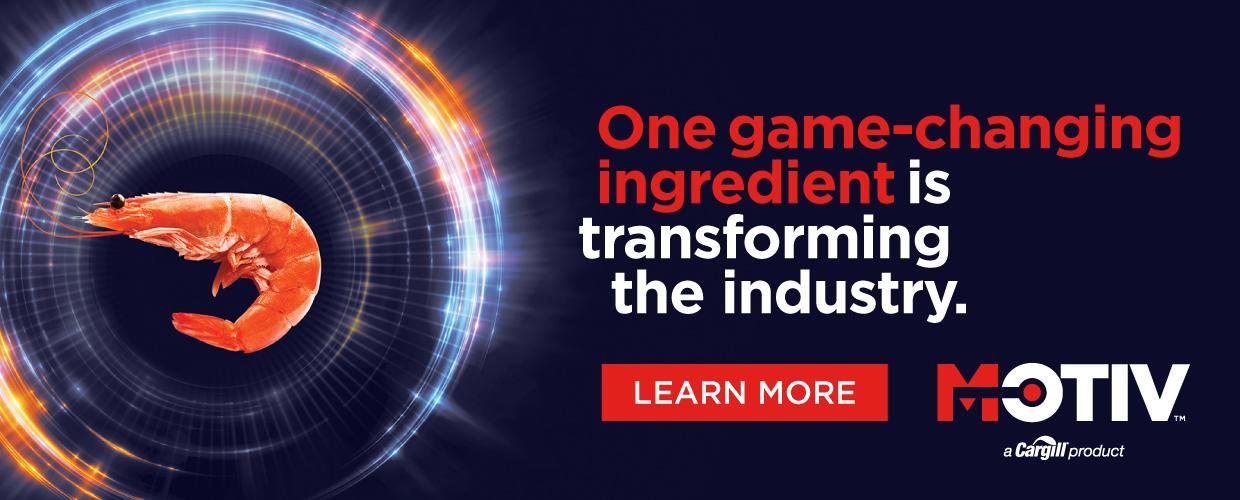BioMar Group recently announced a partnership for the manufacture and distribution of aquafeed through Fóðurblandan’s production facility in Reykjavik, marking a significant milestone as BioMar becomes the only global manufacturer with aquafeed production in Iceland. The collaboration combines BioMar’s global expertise in aquafeed manufacturing and nutritional knowledge with Fóðurblandan’s extensive manufacturing and distribution infrastructure and their deep-rooted presence in the Icelandic market.
“This partnership gives us a unique opportunity to deliver locally produced, high-quality aquafeed backed by BioMar’s extensive R&D capabilities”, said Paddy Campbell, VP of BioMar’s Salmon Division. “Fóðurblandan’s experience and strong supply chain infrastructure makes them an ideal partner to support our customers’ ambitions in Iceland”, he continues.
The partnership comes with an upgrading of the production facilities at Fóðurblandan to drive improved quality and performance, along with a distribution center for the current range of existing BioMar product portfolio, which enables year-round reliable delivery to customers across Iceland.
New Business Unit Director for Iceland
To lead this new venture, Mike McLeish has been appointed as Business Unit Director for Iceland. Mike brings extensive experience in the aquaculture industry, having held senior leadership and business development roles across multiple international markets.
Joining him is Johannes Gislason, who takes on the role of Sales & Business Development Manager. A native Icelander with a solid background in aquaculture, Johannes will play a key role in expanding BioMar’s customer relationships and technical and nutritional support.
“We are proud to enter into a commercial partnership with BioMar. With Fóðurblandan’s strong presence and extensive knowledge of the Icelandic market, combined with BioMar’s world-class technical expertise in feed development, we are forming a powerful alliance to support the future of aquaculture in Iceland,” said Úlfur Blandon, CEO of Fóðurblandan.
“Producing feed locally is a major step toward reducing the industry’s carbon footprint, and this partnership plays a vital role in building a more sustainable, resilient and domestically driven feed supply chain,” he assured.

The Norwegian Sustainable Feed Mission
The Sustainable Feed Mission is a Norwegian national initiative set to transform their food system though feeds. One of the main challenges in sustainable feed production is defining clear and actionable criteria for what qualifies as a responsible feed ingredient. BioMar has actively participated in shaping a structured framework for sustainability qualification, contributing to Appendix 2, “Operationalizing Sustainability within a Qualification Framework”.
Bringing together industry, research, and policymakers, the mission aims to cut emissions, enhance food security, and strengthen Norwegian feed ingredient production.
Norway seeks to make its food system more self-sufficient through the Sustainable Feed Mission. This initiative is part of a broader program reducing reliance on imported feed ingredients. By integrating innovation, science-based assessment and cross-sector collaboration, they aim to set new global standards for sustainable aquafeed.
Fully Committed
BioMar is fully committed to making this vision a reality. “Our engagement in the Sustainable Feed Mission allows us to advocate for high-impact, science-based solutions and ensure that industry perspectives are well represented”, they say.
They think while the mission is still in its early stages, its potential is enormous by aligning policy, industry innovation, and scientific rigor. This initiative will influence national sustainability efforts and likely contribute to shaping the broader European and international agenda.
“The Sustainable Feed Mission is more than a national effort; it is a blueprint to redefine responsible feed for the future of food production.”
Far-reaching Implications
Norway’s aquaculture sector produces over 1.65 million tons of salmon annually, surpassing the entire EU’s aquaculture output. Decisions made in Norway regarding feed responsibility could have far-reaching implications for global carbon emissions, marine resource management and responsible supply chains.
This framework integrates Life Cycle Assessment (LCA) to quantify the impact of different feed ingredients. Alignment with European and global sustainability benchmarks to ensure Norwegian standards are internationally recognized A framework that enables Norwegian-produced feed ingredients to scale responsibly, reducing dependence on high-impact imports.
To replace 500,000-800,000 metric tons of imported feed ingredients, Norway must develop new supply chains, expand the use of novel bioresources and build industrial processing and transport infrastructure.










